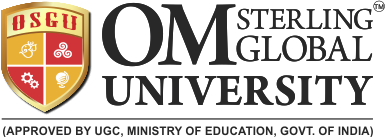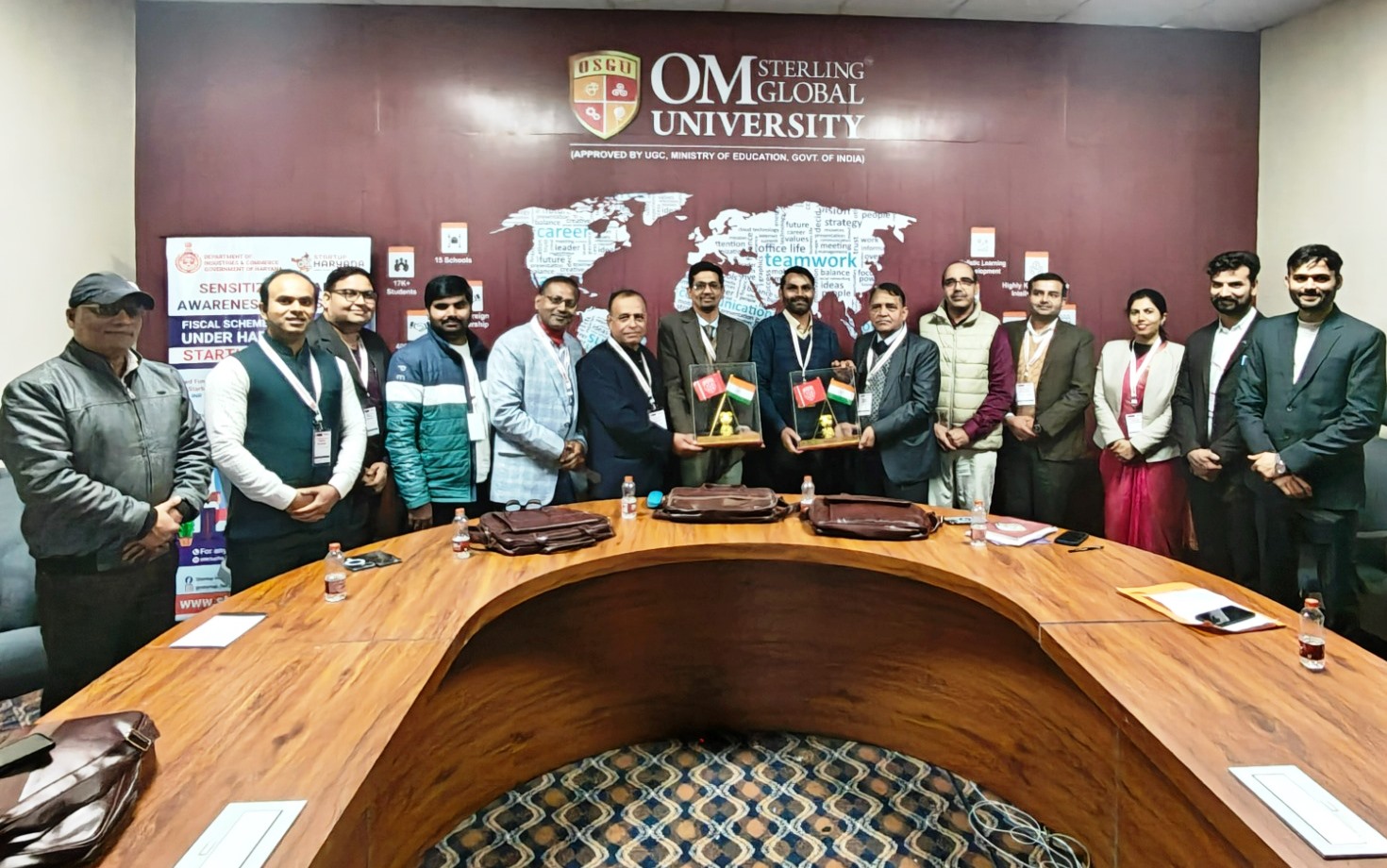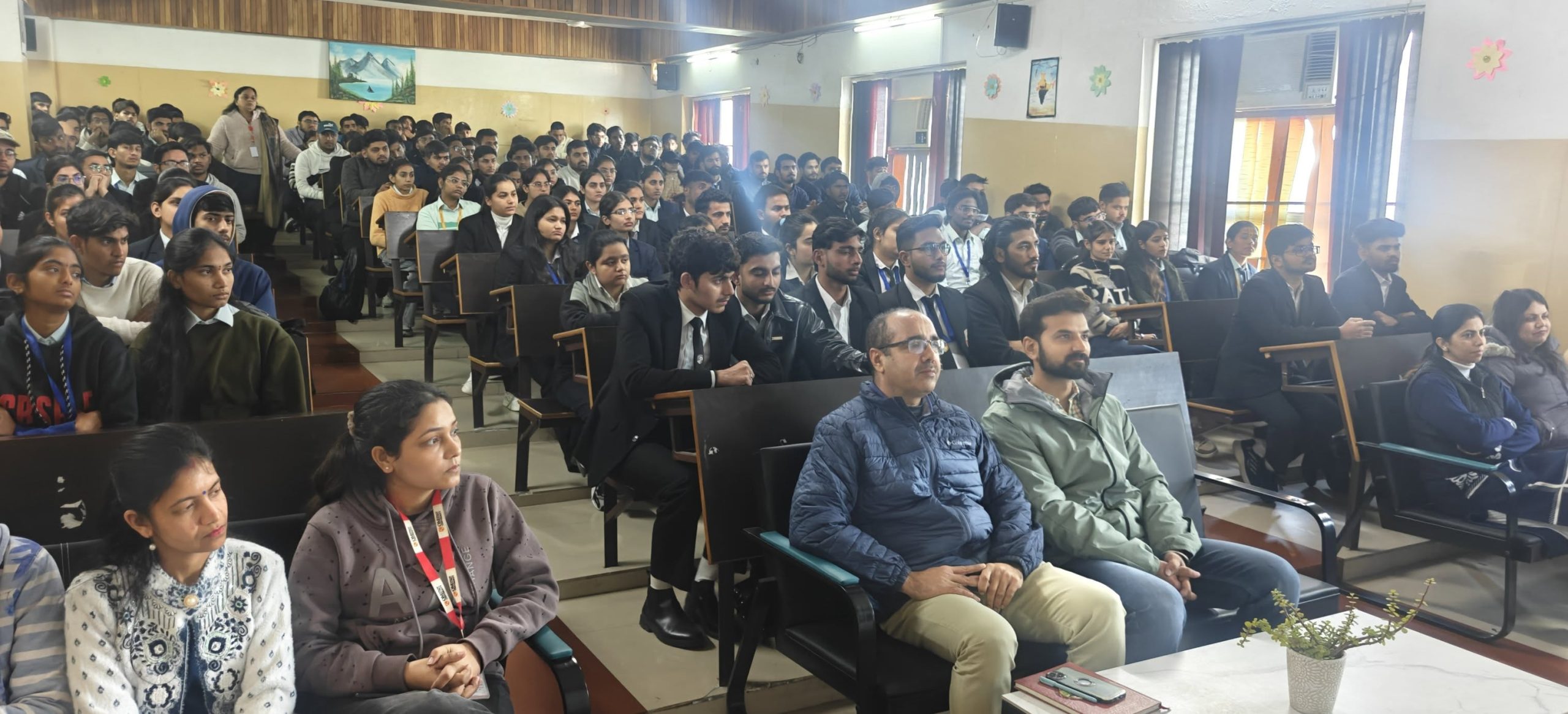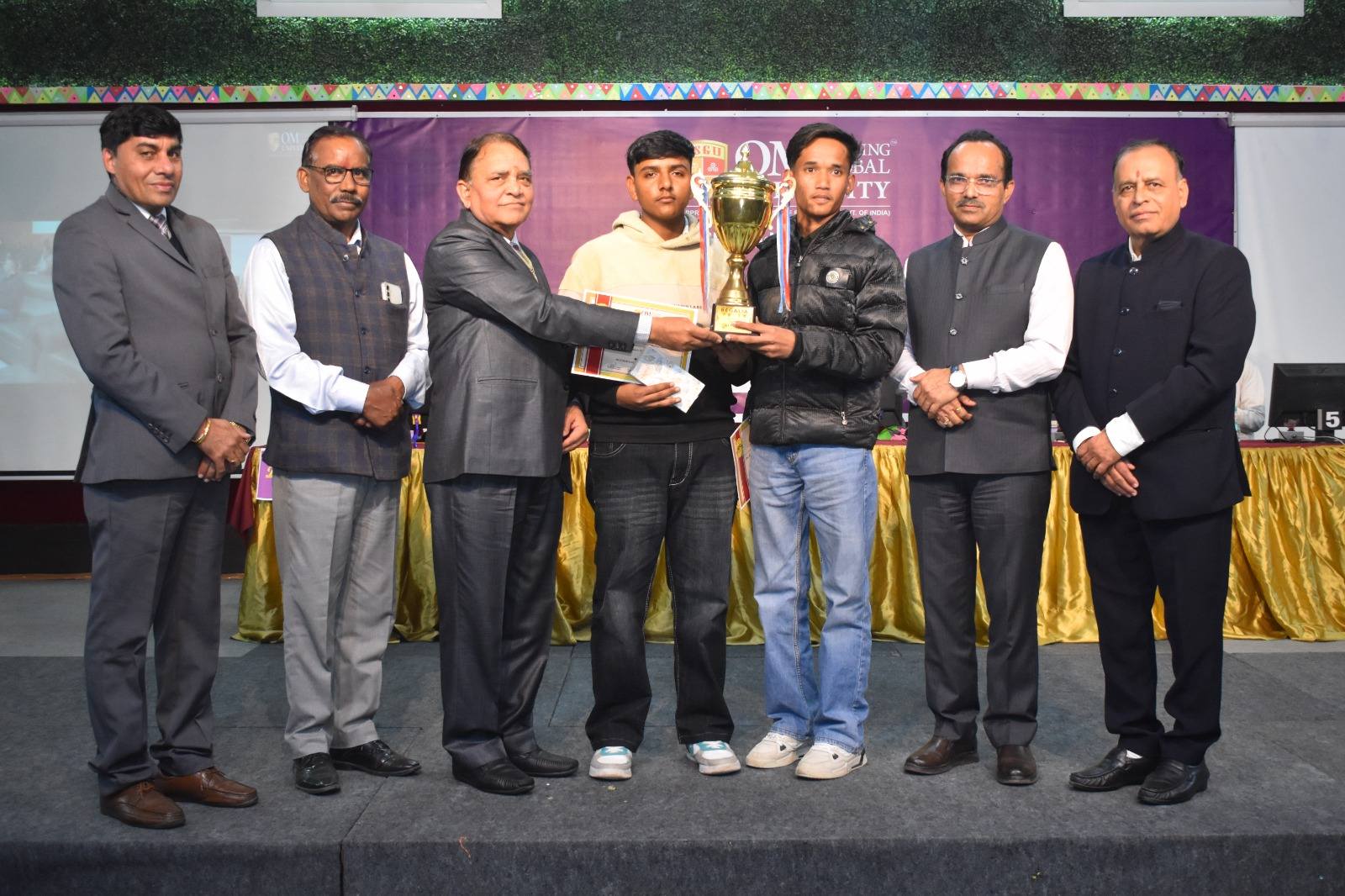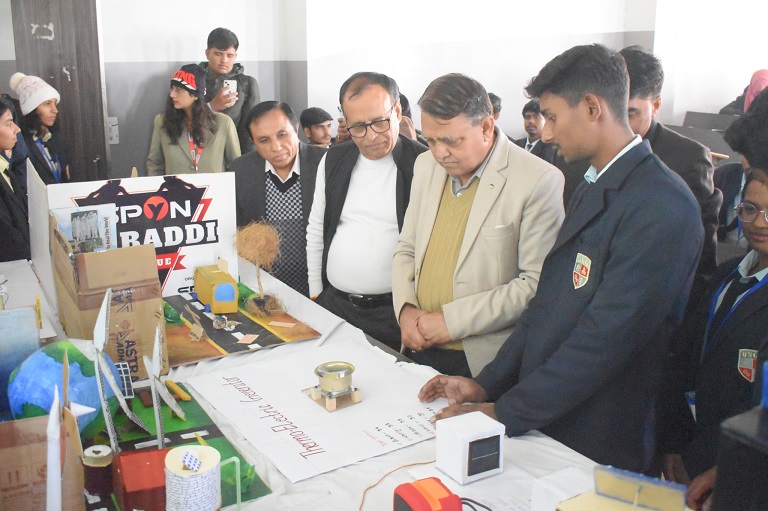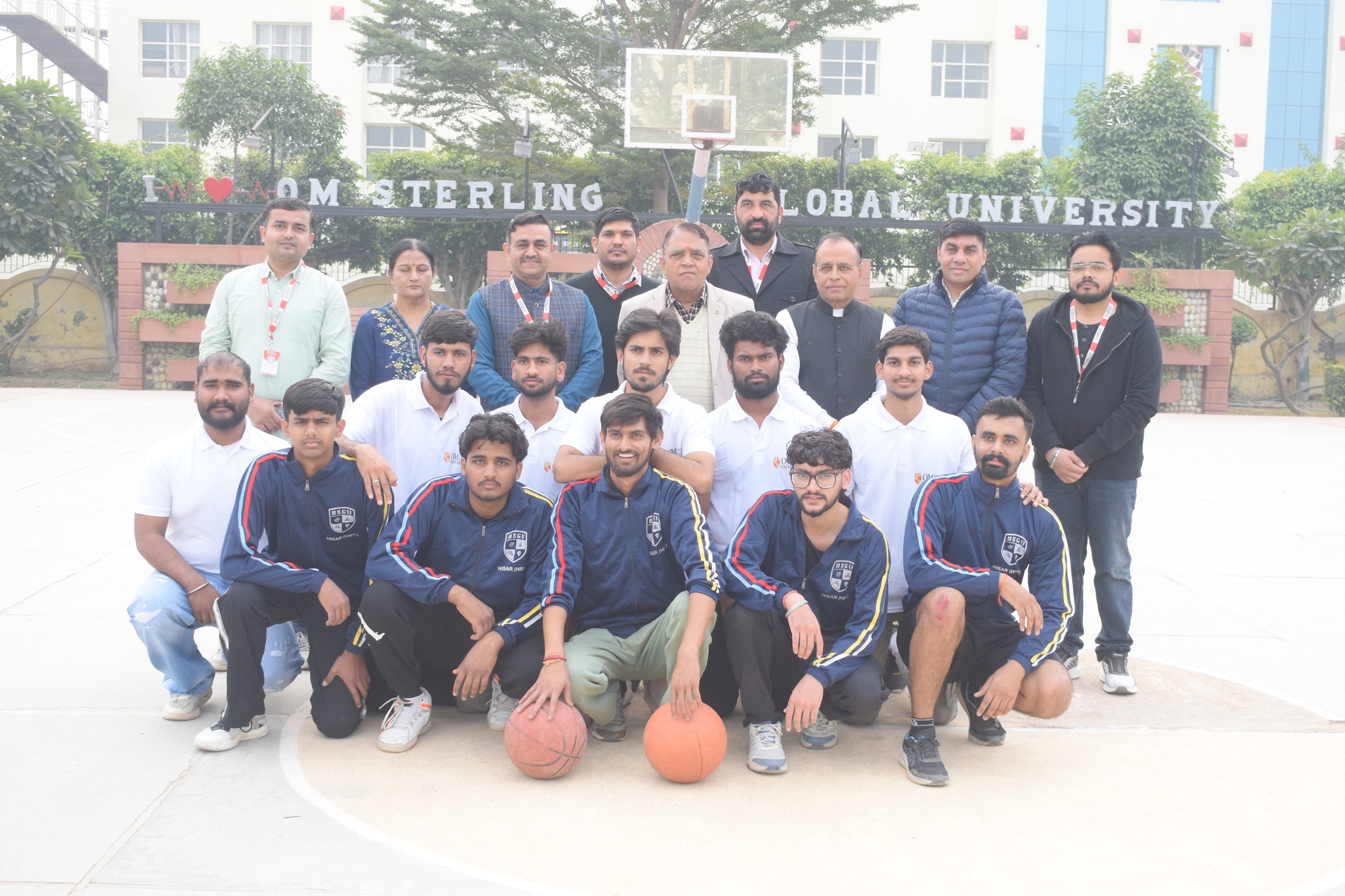
SAS-19

Post Graduation

2 Years
Programme Overview
The Master of Science (M.Sc.) in Microbiology is a two-year postgraduate program that provides a deep understanding of microorganisms, their interactions with the environment, and their applications in healthcare, industry, and biotechnology. The curriculum covers bacteriology, virology, mycology, immunology, microbial genetics, and industrial microbiology.
Students receive extensive hands-on training in microbial techniques, bioinformatics, genetic engineering, and bio-processing, preparing them for careers in medical research, pharmaceuticals, diagnostics, food safety, and environmental microbiology.
Programme Objectives
- Provide in-depth knowledge of microbial structure, function, and applications.
- Develop laboratory skills in microbiological techniques, genetic analysis, and fermentation technology.
- Train students in molecular biology, immunology, and microbial biotechnology.
- Foster analytical and problem-solving skills for industrial and healthcare microbiology.
- Enhance research skills in antimicrobial resistance, vaccine development, and disease control.
- Encourage the development of eco-friendly microbial solutions for environmental sustainability.
- Equip students for careers in pharmaceutical, food, and biotechnology industries.
- Promote ethical research and compliance with biosafety regulations.
Programme Outcomes
Graduates of M.Sc. Microbiology will be able to:
- Analyze microbial physiology, genetics, and interactions with human health and the environment.
- Conduct research in clinical microbiology, vaccine development, and antimicrobial resistance.
- Apply microbiological principles in pharmaceutical, food safety, and industrial production.
- Develop bio-based solutions for waste management, pollution control, and energy production.
- Work in diagnostic laboratories, healthcare research, and forensic microbiology.
- Utilize bioinformatics and computational tools for microbial genomics and biotechnology.
- Contribute to scientific advancements in disease control and bioprocessing industries.
Career Path
M.Sc. Microbiology graduates can explore careers in:
- Medical & Healthcare Industry: Clinical microbiology, diagnostics, vaccine research.
- Pharmaceutical & Biotechnology Companies: Drug discovery, biopharmaceuticals, and quality control.
- Food & Dairy Industry: Food microbiology, fermentation technology, and safety testing.
- Environmental Science: Bioremediation, wastewater treatment, and microbial fuel cells.
- Academia & Research: Teaching positions and research roles in universities and government labs.
- Public Sector & Regulatory Affairs: WHO, ICMR, CSIR, FSSAI, and pollution control boards.
Eligibility Criteria
Minimum percentage and others criteria for admission will be as per UGC/ Concerned Regulatory Bodies.
Provided below are the criteria that need to be met for the given course.
For National Students
- Bachelor Degree in Science in concerned stream or equivalent with relevant subject.
For International Students
- Rule framed by University Grants Commission (UGC) and notified in its website www.ugc.ac.in will be followed for deciding the eligibility and admission of International students to various courses offered in Om Sterling Global University, Hisar.
Programme Syllabus
The programme syllabus of M. Sc. in Microbiology has been made in such a way that it takes care of the holistic development of a student. Along with an emphasis on theoretical and practical aspects of study; Om Sterling Global University also focuses equally on providing personality development classes along with communication and skills development classes as these are a must in top colleges like us. With these programmes, a student can excel at any interview and can become a recruiter’s favorite candidate in the process.
Semester I
| S.No. | Subject |
|---|---|
| 01. | Principles of Microbiology |
| 02. | Microbial Diversity |
| 03. | Biochemistry |
| 04. | Molecular Biology |
| 05. | Principles Microbiology Laboratory |
| 06. | Microbial Diversity Laboratory |
| 07. | Biochemistry Laboratory |
Semester II
| S.No. | Subject |
|---|---|
| 01. | Microbial Genetics |
| 02. | Microbial Physiology and Metabolism |
| 03. | Immunology |
| 04. | Microbial Genetics Laboratory |
| 05. | Immunology Laboratory |
| 06. | Soil & Environmental Microbiology |
| 07. | Soil & Environmental Microbiology Laboratory |
Semester III
| S.No. | Subject |
|---|---|
| 01. | Bioinstrumentation and Bioanalytical Techniques |
| 02. | Bioinstrumentation and Bioanalytical Techniques Laboratory |
| 03. | Medical and Clinical Microbiology |
| 04. | Medical and Clinical Microbiology Laboratory |
| 05. | Food Microbiology |
| 06. | Food Microbiology Laboratory |
| 07. | Virology |
| 08. | Credit Seminar I |
Semester IV
| S.No. | Subject |
|---|---|
| 01. | Fermentation Technology and Industrial Microbiology |
| 02. | Fermentation Technology and Industrial Microbiology Laboratory |
| 03. | Recombinant DNA Technology |
| 04. | Intellectual Property Rights in Biosciences |
| 05. | Credit Seminar II |
| 06. | Project |
How to Apply
You can fill-up the Admission Enquiry Form below if you have any queries regarding the admission procedure of M. Sc. in Microbiology. Now, if you are unable to decide on which programme to choose, feel free to reach out to us via the FREE tele-counseling option. If you have decided that you must pursue M. Sc. in Microbiology and start a rewarding career in the on-going process, then go ahead and fill-up the Online Application now.

